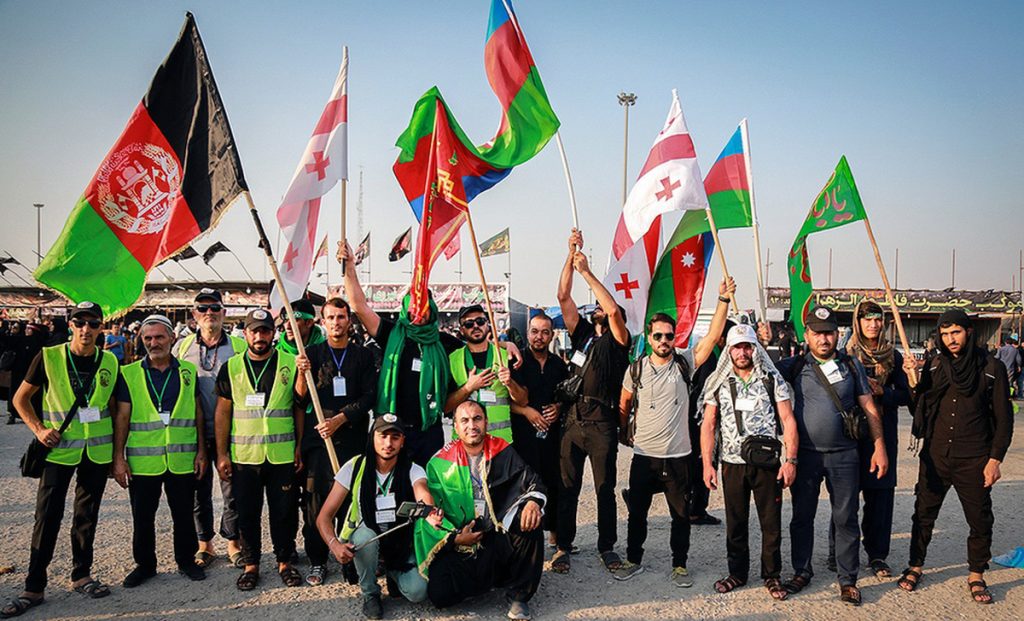Karbala pilgrimage is a significant spiritual scene for Shiite community. But it can serve also as a hub of brotherhood of Muslim community in which many economical and cultural issues can be addressed. In this article we delve in the impact of pilgrimage to Karbala and Najaf on the world Muslim community.
The Emergence of Decentralized Communities: Understanding the Karbala Pilgrimage Experience
The Karbala pilgrimage serves as a catalyst for the emergence of international decentralized communities, transcending geographical boundaries and cultural differences. Pilgrims from diverse backgrounds converge on Karbala, drawn by a shared devotion to Imam Hussein and the values he embodies. Within this sacred gathering, decentralized communities spontaneously form, united by a common spiritual bond and a commitment to upholding principles of justice, compassion, and solidarity. These decentralized communities operate independently of traditional hierarchies and structures, allowing for fluid interactions and collaborations that transcend political, social, and economic barriers.
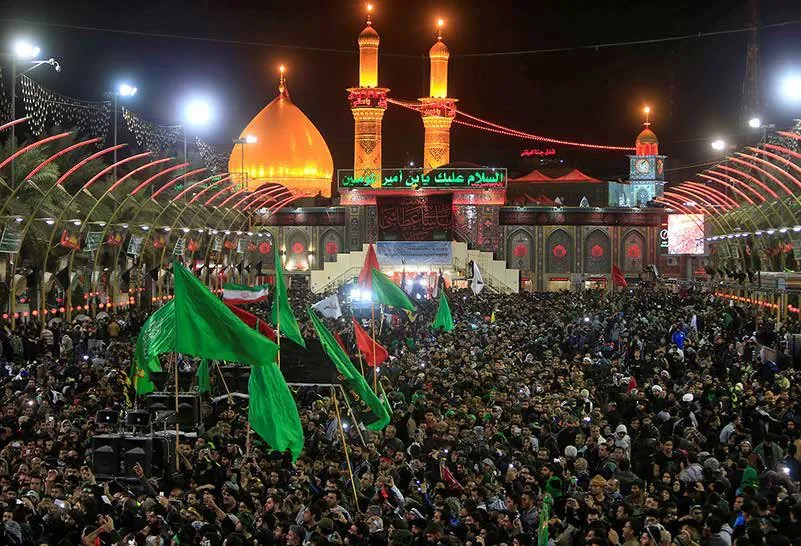
Amidst the pilgrimage, cultural and economic small groups sprout, each bringing forth their unique contributions to the communal tapestry. Pilgrims exchange cultural traditions, artistic expressions, and entrepreneurial ideas, enriching the collective experience and fostering a spirit of creativity and innovation. Economic initiatives, such as small-scale businesses and cooperative ventures, take root within these decentralized communities, empowering individuals to address local needs and promote sustainable development. Through collaboration and mutual support, these cultural and economic small groups forge bonds of solidarity and resilience, embodying the transformative potential of decentralized community-building on an international scale.
Culture, Politics, and Economy: How Karbala Blessings Foster Independence and Interconnectedness
Karbala blessings instill a profound sense of cultural identity and unity, fostering independence and interconnectedness within communities. Culturally, the commemoration of Karbala unites individuals in reverence for Imam Hussein’s legacy, promoting diversity while preserving heritage. Politically, it inspires advocacy for justice and accountable governance, empowering grassroots activism and democratic ideals. Economically, Karbala blessings drive entrepreneurship and cross-border trade, enhancing collaboration and prosperity. Together, they create a dynamic ecosystem where culture, politics, and economy thrive independently yet interdependently, transcending borders and fostering collective progress.

Wealth making for the poor and Karbala
The blessings of Karbala contribute to the redistribution of wealth in favor of the poor through various mechanisms rooted in compassion and community solidarity. One such mechanism is the tradition of charitable giving and almsgiving (zakat), which is deeply ingrained in the ethos of Karbala pilgrimage. Pilgrims, inspired by the selflessness and sacrifice of Imam Hussein, often donate generously to support the less fortunate, providing financial assistance, food, and other essential resources to those in need.
Additionally, the decentralized nature of Karbala-based communities facilitates grassroots initiatives aimed at poverty alleviation and economic empowerment. Small-scale businesses and cooperatives emerge within these communities, creating opportunities for marginalized individuals to generate income and improve their livelihoods. Moreover, the culture of mutual support and collaboration among pilgrims fosters a spirit of solidarity, where wealth is shared and distributed equitably to ensure the well-being of all members, particularly the most vulnerable.
Muslim community: Identifying Regions Facing Crisis and Challenges
Yemen and Gaza, along with Syria, Afghanistan, Libya, and Iraq, are Muslim-majority regions facing significant crises and challenges. Yemen has been plagued by a humanitarian crisis exacerbated by conflict and famine. Gaza continues to endure political unrest and humanitarian suffering due to the ongoing Israeli-Palestinian conflict. In Syria, a civil war since 2011 has led to widespread destruction and displacement. Afghanistan grapples with instability and violence amid conflicts between government forces and insurgent groups. Libya struggles with political instability and factional violence following the overthrow of Muammar Gaddafi. Iraq faces challenges stemming from sectarian tensions, political instability, and the aftermath of ISIS insurgency.
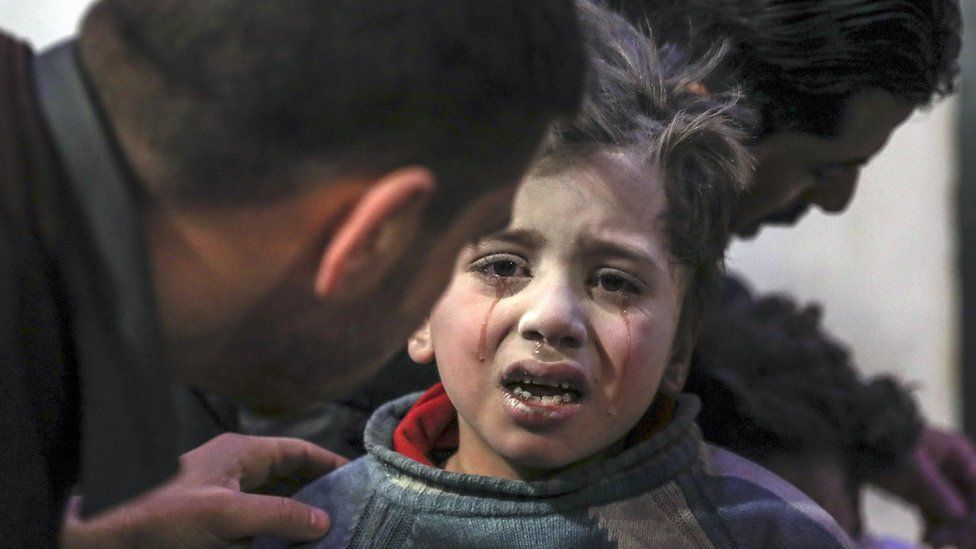
Karbala’s Influence: Cultivating Economic and Cultural Strength in Neighboring Nations
The economic and cultural independence fostered by Karbala can permeate neighboring countries, strengthening them culturally and economically. Karbala’s ethos of self-reliance and community empowerment can inspire neighboring nations to cultivate their own local resources and talents, reducing dependency on external aid and enhancing economic resilience. Additionally, the culture of compassion and solidarity propagated by Karbala encourages cross-border cooperation and mutual support, fostering cultural exchange and collaboration among diverse communities. This cultural enrichment not only preserves heritage but also promotes understanding and unity across borders, mitigating tensions and fostering peaceful relations. Furthermore, the decentralized economic initiatives inspired by Karbala can stimulate regional trade and investment, creating opportunities for shared prosperity and economic growth. By embracing the principles of Karbala, neighboring countries can unlock their potential, build sustainable economies, and forge stronger cultural and economic ties for the collective benefit of all.
Karbala blessings and Muslim community crises
Fostering economy through decentralized communities inspired by the Karbala pilgrimage can help Syria in several ways. Firstly, by encouraging local entrepreneurship and small-scale businesses, communities can generate employment opportunities, thereby reducing unemployment rates and alleviating poverty. This economic empowerment enables individuals to support themselves and their families, contributing to overall stability and resilience.
Secondly, community-based economic initiatives can stimulate local production and trade, boosting economic activity and supporting the growth of domestic industries. This reduces dependency on imports and enhances self-sufficiency, particularly in essential goods and services. Additionally, increased economic activity generates tax revenue for local governments, enabling them to invest in infrastructure, healthcare, education, and other essential services for their citizens.
Furthermore, fostering a thriving economy through decentralized communities fosters a sense of ownership and pride among residents, encouraging them to invest in the long-term development of their communities. This strengthens social cohesion and resilience, empowering communities to rebuild and recover from the devastation caused by years of conflict and instability. Overall, a revitalized economy can play a crucial role in rebuilding Syria’s infrastructure, promoting stability, and improving the overall well-being of its people.
The same can be applied for other countries which have been mentioned.
5. Addressing Muslim community Crisis Through Karbala Blessings
Addressing the crisis in Yemen through Karbala blessings involves implementing solutions and strategies rooted in the principles of compassion, solidarity, and community empowerment. Firstly, the ethos of Karbala encourages humanitarian aid and assistance to those in need, including providing food, shelter, and medical care to vulnerable populations in Yemen. This can be facilitated through charitable organizations and community-led initiatives, leveraging the spirit of generosity inspired by the pilgrimage.
Furthermore, Karbala blessings inspire economic empowerment and development initiatives within Yemeni communities, promoting self-sufficiency and resilience. This can involve supporting local businesses, cooperatives, and agricultural projects, creating livelihood opportunities and reducing dependency on external aid.
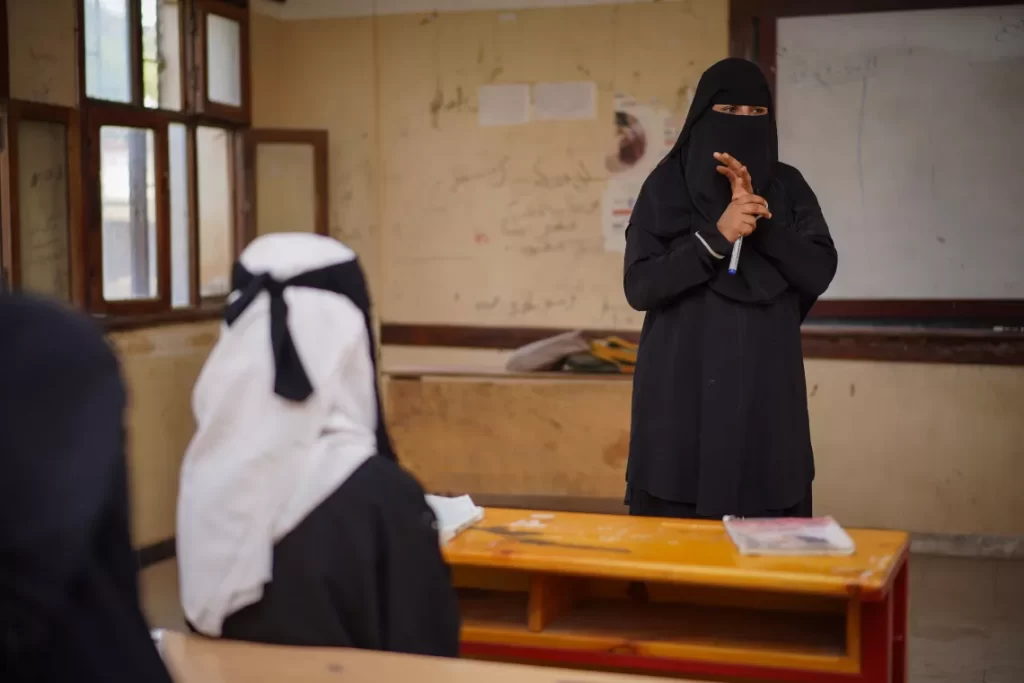
The Role of Karbala Blessings in Addressing Yemen’s Crisis and Fostering Economic Development
Overall, addressing the crisis in Yemen through Karbala blessings requires a multifaceted approach that integrates humanitarian assistance, peacebuilding efforts, and economic development strategies. By harnessing the principles of Karbala, communities in Yemen can work towards overcoming the challenges they face and building a brighter future for themselves and their country.
the Karbala pilgrimage serves as a significant platform for fostering international connections and trade relations. Traders from various nations who participate in the pilgrimage often engage in networking and business interactions, creating opportunities for collaboration and exchange. Yemeni traders, in particular, have the chance to establish relationships with traders from other countries, leading to the emergence of new trade partnerships and ventures.
Through these interactions, Yemeni traders can showcase their goods and products, while also exploring potential markets for export. Similarly, traders from other nations can introduce their products to Yemeni markets, contributing to economic diversification and growth. This exchange of goods and ideas not only stimulates economic activity but also promotes cultural exchange and understanding among diverse communities.
Furthermore, the friendships forged during the pilgrimage can extend beyond trade, fostering mutual respect and cooperation in various aspects of life. By leveraging the connections made during the Karbala pilgrimage, Yemeni traders can access new opportunities for growth and development, ultimately contributing to the economic revitalization of Yemen.
Muslim community: Trade is better than charity
Indeed, the pilgrimage scene serving as a hub for economic fraternity is a positive development. Trade relationships formed during pilgrimages like Karbala can have lasting economic benefits, offering a sustainable approach to supporting communities beyond mere charity. Through trade, not only are goods exchanged, but also ideas, innovations, and cultural exchanges occur, fostering mutual understanding and cooperation among diverse groups. This economic interconnectedness promotes self-reliance, empowers local economies, and creates opportunities for long-term prosperity. Ultimately, trade-based interactions during pilgrimages contribute to building stronger and more resilient communities, paving the way for inclusive economic growth and development.
Certainly, while charity plays a crucial role in addressing immediate needs and providing relief during crises, it may not always offer a sustainable solution to long-term economic challenges. Dependency on charity can create a cycle of reliance and disempowerment, whereas trade fosters self-sufficiency and empowerment. By engaging in trade, communities can generate income, build economic resilience, and develop skills and infrastructure for future growth. Moreover, trade encourages innovation, entrepreneurship, and cooperation, contributing to overall economic development and stability. While charity remains important in times of crisis, trade offers a more comprehensive and sustainable approach to addressing economic challenges and fostering prosperity in the long run.
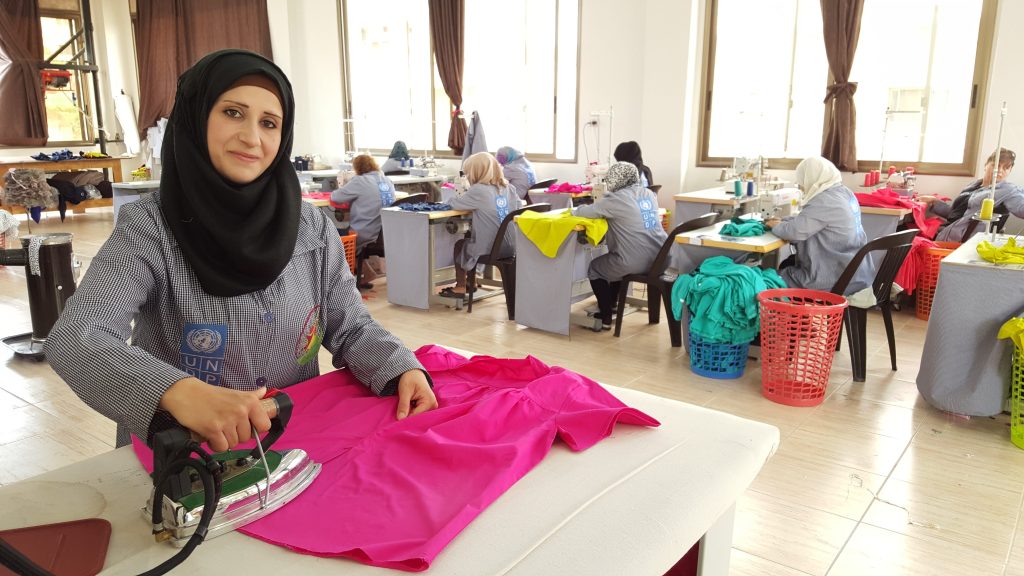
Final thought:
In conclusion, the Karbala pilgrimage not only offers spiritual solace and inspiration but also serves as a catalyst for tangible positive change, particularly in crisis-affected regions like Yemen. By embracing the principles of Karbala, including compassion, solidarity, and community empowerment, stakeholders in Yemen can navigate the multifaceted challenges they face and build a brighter future for themselves and their country. Through a holistic approach that integrates humanitarian assistance, peacebuilding efforts, and economic development strategies, Yemeni communities can work towards overcoming adversity and fostering resilience. Moreover, the international connections and trade relations fostered by the pilgrimage offer opportunities for economic revitalization and cultural exchange, paving the way for mutual understanding and prosperity. As Yemenis harness the blessings of Karbala to navigate their path forward, they stand poised to overcome challenges and emerge stronger, united, and empowered. This can be applied to all crises of the region.

